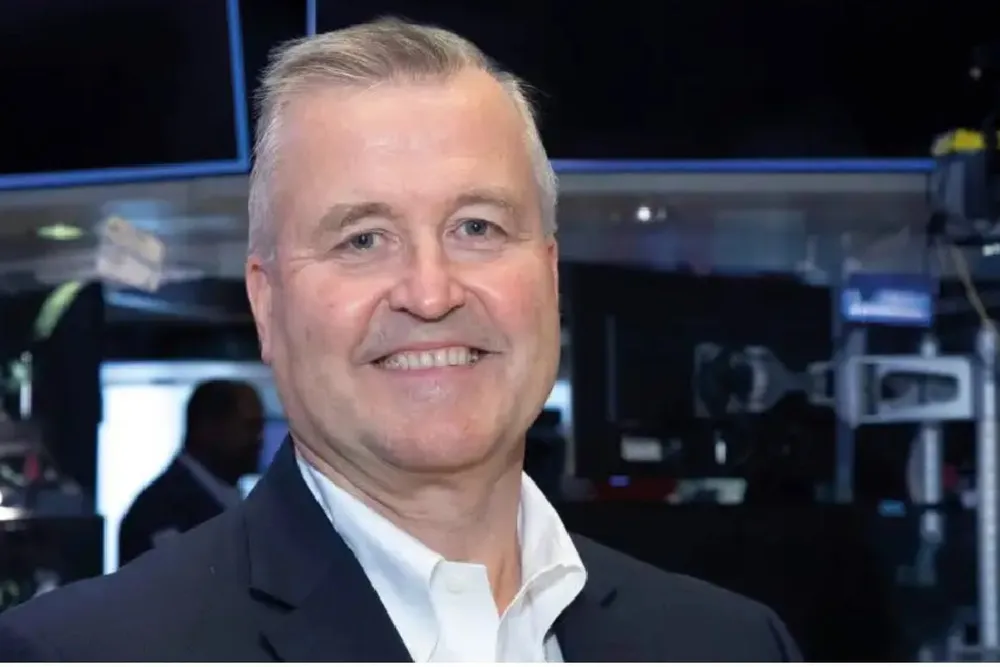Is energy newbie Manifold right choice to steer BP out of green?
Albert Manifold is ‘unknown entity’ in energy who will have to prove he is best person to deliver strategy overhaul and reinvigorate investment case in UK supermajor

Investors “aren’t blown away” by BP’s appointment of a successor to energy veteran Helge Lund as new chairman, as analysts say the board and executive team of the UK supermajor “will remain under pressure” to deliver on targets to turn the company around.
Manifold is to succeed Lund’s six-year stint in the job from next October, at a crucial time for the supermajor as it goes through a long to-do list of jump-starting upstream production, slashing energy transition spending, reducing capex and picking off its large debt pile.
Shares in BP opened around 0.50% higher in London on Monday before coming off and were trading 0.30% higher as of 11am UK time.
Analysts saw the lack of movement in the stock as an early indicator of the market’s reaction to the choice of Manifold.
“The muted market reaction to his appointment is a good indicator that investors aren’t blown away by the choice of new chair,” said Russ Mould, investment director at AJ Bell.
“Someone with a track record of keeping CEOs in check would have been a more logical choice. Manifold is an unknown entity in this role.”
Among its objectives, BP plans to carry out $20bn worth of divestments by 2027, increase upstream production to between 2.3 million and 2.5 million barrels of oil equivalent per day by 2030, and start up 10 new projects by 2027 with a view to hit a reserves replacement ratio of 100%.
But with Manifold, unlike Lund, not being a household name in energy, questions have been raised among analysts as to whether he is the most suitable candidate to steer the UK supermajor at this point in time.
BP’s share price has dropped 12% in the last 12 months.
“We see little in [Manifold’s] background that suggests he has the experience to deliver the major overhaul and turnaround of a major integrated oil and gas [player],” said Ashley Kelty, director of oil and gas research at Panmure Liberum. “Our initial take is that this is a panic appointment.”
AJ Bell’s Mould added: “Manifold has good experience as a CEO but not as a chair. It’s a slightly different skillset with less involvement in day-to-day and more focus on accountability, governance and direction.”
The appointment will also add to the rumours of BP considering moving its headquarters from the UK to the US, analysts said. In fact, this is a process that Manifold oversaw once already, during his 11-year tenure at CRH.
The building materials group moved its listing from London to New York in 2023.
European oil majors have been under struggling against their US counterparts, with a significant valuation gap opening between top US producers ExxonMobil and Chevron, and the rest of the supermajors on this side of the Atlantic trading at a discount.
“Switching listing to the US would be a risky move as there is no guarantee of getting a higher valuation,” said AJ Bell’s Mould. “Doing so and then remaining on a big discount to rivals could cause further embarrassment to the board and further hurt the company’s reputation.”
Internally, the build-up of a 5% stake in BP by US activist investors Elliott Investment Management, as part of a strategy to force greater change at the operator, will see ongoing scrutiny of the company’s actions.
Analysts believe shareholders’ attitude towards the company is unlikely to shift radically under new chairman Manifold.
As Kelty at Panmure Liberum put it: “The board will remain under pressure”.